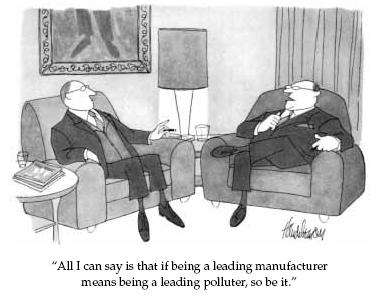TOI reports:
A consumer court has directed the Delhi government to set up a committee for fixing a ceiling for the maximum admission and tuition fees that private schools can charge at the time of a student’s admission.
Expressing anguish over the practice of airconditioned schools fixing very high admission fees, the president of the city’s apex consumer court—state consumer commission—Justice J D Kapoor, gave a month to the director of education to constitute the committee.
The panel will comprise representatives of private schools and societies which run schools, and fix the maximum limit of admission fees as well as tuition fees by taking into consideration the quality of education being provided by them, he said. ‘‘Education should be treated as a pious and noble cause and not a trade or commerce,’’ Justice Kapoor said, adding that quality of education in a school should be the only benchmark for fixing admission fee and other charges.
The commission said schools claiming to offer central ACs in their classrooms and providing airconditioned school buses should not be allowed to fix an astronomically high amount as admission fee.
Superb suggestion! In fact every school should have its own panel, comprising of parents of all the students (surely the parents have more concern about the quality of education their children get, and in a better position to know what fees they can afford). And those panel members who think the school is charging too much should enrol their children in some other school.
That will be a good lesson for the schools that charge too much!
[[[Update: I realised my comment needs some explanation.
There's no doubt that the quality and cost of education should be monitored. But by whom? A committee, says the consumer court.
But a committee is not the best solution - because its memebers can't be as diverse, as concerned about the quality, as knoweldgeable about the paying capacity of parents as the parents themselves. So, an ideal committee should include all the parents.
Let's suppose this committee tries to arrive at a maximum limit by asking each member to give the number they think is the ideal.
Now, if you set the lowest amount as max limit, that should satisfy everyone - but the school might have to close down. The average might be right for some, too low for some others, and too high for the rest. And the highest amount wouldn't make sense for anyone except for the highest bidder. A single number can't be fair to all. It's not right to impose a 'solution' on people who think it's not a solution. It's probably far better to let the people decide and take action for themselves.
So, how will they do that? Let's say, the fee is too high for 90% of parents, it's better for them to vote by feet, and look for another school. They can send a stronger message to school by doing this, than by spending hours to persuade them to reduce the fee. (Using government to reduce the fee is not fair, because it is just another way of saying using force, for the government essentially says 'do this or else you will be punished'. As long as the transaction is voluntary, there is no role for government. It's a different case if the school cheats or goes back on its promise.)
So if the 90% decide not to join, the school might decide to run with 10% of the students; or if it can afford, bring down the fees to retain some more; or close down. In short, letting the customers decide and take action is far better than let a committee do that. In other words, market is better than a committee.]]]]
